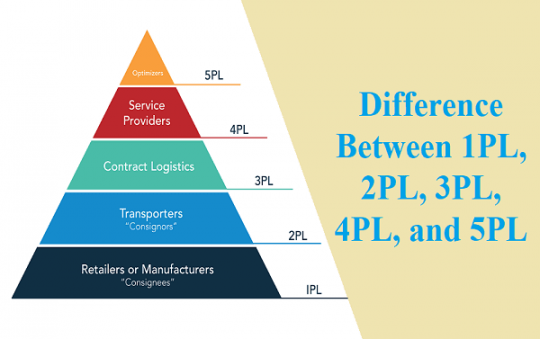Exports are indisputable contributors to a country’s growth. In addition, countries with a competitive or comparative advantage in goods and services participate in exporting and trade activities. Now, since the goods are exported (permanently or temporarily)to a foreign country, the shipper of the commodities will need an export licence. Licensing is normally only required in a few countries and under specific circumstances, but it is largely controlled by government regulations.
This article will outline what an export licence is and the importance of having one.
Contents
What is an export licence?
An export licence is a government-issued document that permits the authority to export goods. It is typically governed by European and international cultural property protection legislation. Since some objects are subject to government rules, a validated licence is necessary if the export is included in the export controls. It’s required when specified commodities have to be exported out of the nation, and it’s usually determined by the goods’ worth and age.
How do you figure out if you require an export licence?
You should find out if the item has an Export Control Classification Number also known as the ECCN. It is a code that categorises a product and specifies its licence needs. The Commerce Control List, which is published on the US Bureau of Industry and Security’s website, lists all ECCNs. Otherwise, you can contact the manufacturer or consult the government website of your own country’s list.
However, it is important to remember that currently, except for military commodities, technology and software and radioactive materials, most items exported within Europe do not require an export licence.
Why is an export licence important?
An export licence is needed for high-value and high-priced commodities. Licensing ensures the safety of the items being transported and also serves as a report to the state.
As previously stated, licencing is required based on the value and age of the item. To elaborate, things with high worth and price, such as 50-year-old paintings or vintage equipment, require an export licence. Some countries’ regulations allow you to apply for a licence in the name of the owner, who in this case is an institution or an orchestra.
Also read: 5 Market-Boosting Advantages of Capitalism
So, how do you apply for the licence?
Each country’s registration process for an export licence is different. Nevertheless, you can easily find out the requirements on the government website of your country.
What do you do now that you have your export licence?
After you have received the export licence, make sure to include the number on your business invoice when shipping your items. Plus, do not forget to check with your carrier service provider to see if the driver will need to see the licence or if it will be transmitted electronically.
But if you are unsure about which carrier service to pick, contact the certified international specialists at DHL Express.The import and export services provided by DHL is always focused on the final-mile delivery. Further, the team at DHL Express ensures that your shipment reaches its intended recipient in a timely and safe manner, right from the time it is picked up by the courier to the time it is processed and loaded onto the plane, to the arrival at the destination country and the plethora of customs regulations it may encounter.
Get in touch with the international specialists from DHL Express today!




